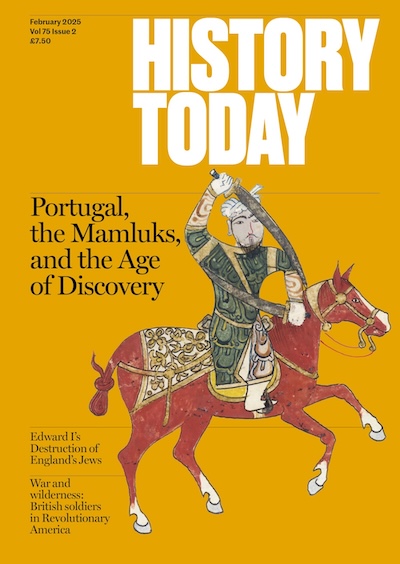A.G. Dickens and his Reformation
Christopher Haigh reflects on the life and work of the great Tudor historian, who died in July.
Geoff Dickens was one of the dominating historians of Tudor England, from the 1960s until the 1980s. Dickens, G.R. Elton and J.E. Neale set the agenda and seemed to be giving most of the answers. Like Elton and Neale, Dickens wrote stylishly, had big ideas, and didn’t take kindly to criticism or disagreement. Like them, his books appealed to an audience beyond the historical profession, and were widely used by students. Like them, he even managed to write about Europe. And like them – well, like all of us – his views and experiences marked his works heavily.
Dickens was born in 1910, and died on July 31st, 2001 at the age of ninety-one. He taught at Keble College, Oxford from 1933 until 1949 (except for war service that took him to Germany); at the University of Hull from 1949 until 1962; and at King’s College London from 1962 until 1967 – when he became director of the Institute of Historical Research, and an academic organiser and diplomat. Although he kept on writing, his original work was over by 1964 – but he continued to have a major impact.





